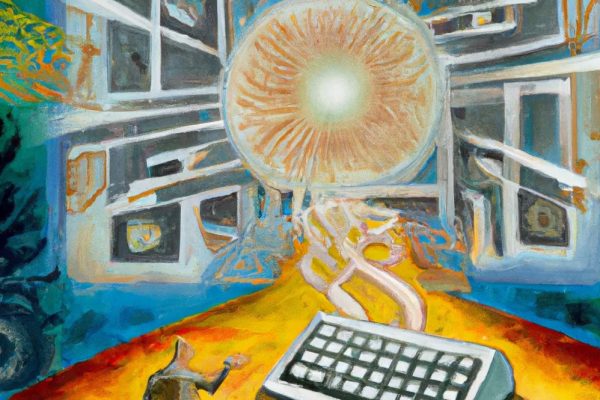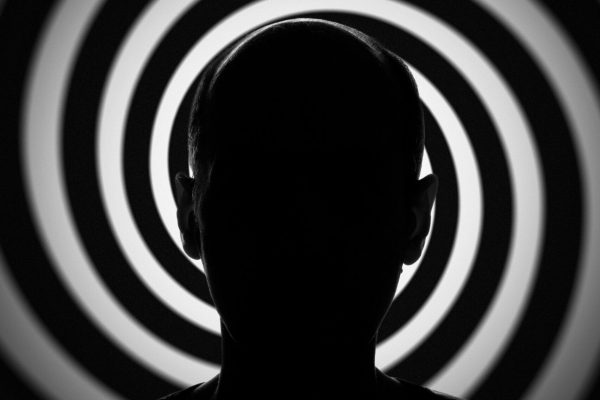I am grateful to the commentators, even the one who said that my position is what led to the Holocaust. Their reactions were diverse; some of them found my argument persuasive—one even called it obvious—while others responded with abject horror. I’ll focus mostly on the critical remarks, but Jesse Prinz, Peter Singer, and Sam Harris offer thoughtful parallels to my argument.
Before diving in, it is worth keeping in mind a couple of points. First, there is a difference between what is sometimes called “cognitive empathy,” the capacity to understand the thoughts and emotions of others, and “emotional empathy,” the capacity to feel what others feel. I focus on emotional empathy. Second, even a fan of empathy should concede that other psychological forces can motivate good actions. Obviously, you don’t need to feel as if you are drowning to choose to rescue a drowning child.
Some commentators focus on cognitive empathy. Nomy Arpaly discusses the importance of “the ability to imagine another person’s life and the ability to accept evidence of another person’s suffering even when one’s imagination fails.” And Marianne LaFrance explores how an appreciation of others’ perspectives leads to a less biased assessment of their motives and behavior, overcoming “observer myopia.”
I agree. It is easier to be a good person—however one defines this—if you understand how others think and feel. To take one of Arpaly’s examples, it is easier to treat a depressed person with kindness and respect if one has some appreciation of what it is to be depressed. All I would add is that such understanding is morally neutral. Cognitive empathy is sometimes called “social intelligence” and, like intelligence more generally, it can be used for good or evil. If someone wants to seduce you, exploit you, or just make you suffer, it really helps if they know what makes you tick.
Lynn O’Connor, Jack Berry, Leonardo Christov-Moore, and Marco Iacoboni argue that “we can’t feel compassion without first feeling emotional empathy” and that “affective empathy is a precursor to compassion.” If they are right, then my proposal that we should stanch empathy and enhance compassion is untenable on psychological grounds.
Empathy drives us to feel that our dead children matter more than others, fueling war and atrocity.
Both commentaries raise deep questions about the intricate relationship between cognitive empathy, emotional empathy, and compassion. But the strong conclusion that compassion and empathy come as “a package” is almost surely mistaken. There are many situations, after all, where our moral judgments and moral actions clash with our empathetic feelings—Harris and Singer provide several examples. Also, as Prinz discusses, empathy has a surprisingly tenuous relationship with moral behavior. If empathy is so important, why are individual differences in empathy such poor predictors of how kind or cruel people are?
I agree with much of what Barbara Fried says, particularly when she calls for more rationality. But she misconstrues my argument, saying that I simply “equate” emotional empathy with all sorts of bad things: “fellow-feeling gone awry,” “a hyper-focus on the near, the visible, the psychologically salient.” But my point is that emotional empathy has certain properties that lead to all of these negative consequences; this is why it is a poor moral guide.
Simon Baron-Cohen starts with contemporary atrocities, such as the bombing of a school and the firing of rockets into a civilian population, and describes these as the product of “a rational cost-benefit calculation”—an approach he believes I am endorsing. What would stop these atrocities, he suggests, is empathy. He then analyses Nazi genocides in the same way, as the result of logic without feeling—“All that was missing [from the Final Solution] was empathy for the Jewish
victims.”
Now, when Baron-Cohen talks about a rational cost-benefit approach, he assumes that this sort of reasoning doesn’t take into account human suffering. Indeed, at one point, he assumes that the costs and benefits are financial costs and benefits—which is why he concludes that, from a rational approach, the Nazi euthanasia of those with learning difficulties is “irrefutable,” as it saves the government money.
Such a decision making process would certainly be monstrous, but it is not what I am proposing (or what anyone is proposing, as far as I know). Rather, my alternative to empathy emphasizes justice, fairness, and compassion, so any rational decision process would consider death and suffering to be a terrible cost.
As Fried observes, I have consequentialist leanings, which entail that the right thing to do will sometimes cause the suffering and death of innocents. Sadly, as Harris notes, such tradeoffs are unavoidable. To return to Baron-Cohen’s favorite example, suppose that prior military action could have stopped Hitler from killing millions in concentration camps. I believe it would have been morally right to engage in such action even if it led to civilian casualties, as it surely would have. If Baron-Cohen agrees, then he too recognizes the limits of empathy and the value of cost-benefit calculation.
What about Baron-Cohen’s view that atrocities arise from cold-blooded rational thought—too much thinking and not enough feeling? I think this is backwards. Violence, at both the personal level and the state level, is typically sparked by strong feelings, including fear, rage, and humiliation. But I agree with Prinz that empathy also plays a part.
To see this, consider what happens when a country is about to go to war. Do leaders gain support by making rational arguments, with statistical assessments and long-range projections? Or do they tell stories and show pictures that depict the horrors done in the past toward our families or countrymen—rape and murder and torture—and then warm about what might happen to those we love in the future? Consider how the Israeli reaction to the news of three murdered Israeli teenagers helped spark the Gaza conflict, or how Hamas and other organizations use murdered Palestinians to generate support for terrorist attacks against Israel.
Empathy is the culprit here, not compassion or a sense of justice, because empathy is a parochial emotion, most powerfully elicited by the suffering of those close to us. It is empathy that drives us to feel that our dead children matter so much more than their dead children and thereby fuels war and atrocity. Appreciating that Israeli lives and Palestinian lives are of equal worth is the product of less heated modes of thought, including the sort of rational deliberation that Baron-Cohen derides. But it is this appreciation that leads to peace.
Do I have anything nice to say about empathy? Elizabeth Stoker Bruenig talks about the contemplation of Christ’s suffering, and cleverly notes that stigmata—if it exists—would be the ultimate expression of emotional empathy. She wonders whether something valuable is lost when we give up on this sort of mystic ecstasy.
I am less moved than is Stoker Bruenig by this sort of medieval nostalgia, but I do agree with her general point that a world without empathy would be greatly impoverished. Think about the joy we get from mirroring the experiences of others, as when watching a small child burst into laughter. Think about books, movies, theatre, and television and how much we would lose if we couldn’t put ourselves in the heads of fictional characters. Think about the role of emotional empathy in great sex. So, no, I am not against empathy in general, just empathy as a moral guide.
Only Christine Montross and Leslie Jamison directly address the main focus of my essay—certain personal relationships, such as between doctors and their patients. Both agree with me about empathy’s limits. Montross provides a dramatic illustration of how empathy can derail a doctor: “If, while listening to the grieving mother’s raw and unbearable description of her son’s body in the morgue, I were to imagine my own son in his place, I would be incapacitated.” And Jamison raises problems with empathy that I hadn’t thought of, such as how it can lead to self-absorption and paralysis.
In the end, though, neither is entirely persuaded. Montross suggests that some degree of “authentic” empathy might be needed to motivate doctors to provide adequate care. And Jamison suggests that empathy might lead doctors to see patients as individuals, not abstractions.
But why do they think that caring and understanding (of the cognitive sort) are not enough? Why does one also need emotional empathy, especially given its deficits? Perhaps Montross and Jamison would respond that, in certain cases, understanding requires feeling. That is, in order to fully understand someone who is suffering, an intellectual understanding is not sufficient—it would be like a person blind from birth who knows all sorts of facts about the color red but who will never fully appreciate what it is like to perceive redness.
I am not convinced. I still think that a doctor can deal perfectly well with a depressed person without herself feeling depressed, not even a little bit. But this is a complex issue, one that merits further discussion.








